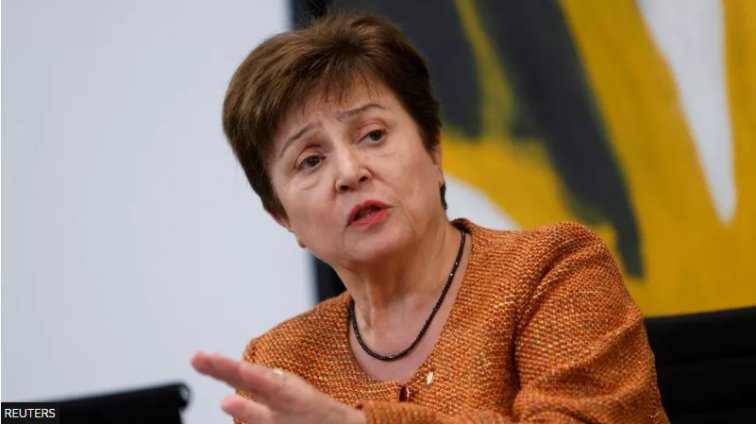
Audio By Carbonatix
The International Monetary Fund has indicated that its policy advice to member countries including Ghana and surveillance have become increasingly transparent.
According to the Fund, 98% of member countries published a statement providing the IMF Executive Board’s assessment of the member’s macroeconomic and financial situation in 2020, and 95% of members published the IMF country report.
In the same year, 98% of member countries including Ghana that used IMF financial resources published the reports, and 97% published additional documents, such as a country’s letter of intent and memoranda of economic and financial policies. About 93% published their technical memoranda of understanding.
In a document titled “Transparency at the IMF’, the Bretton Wood institution said its approach to transparency is to disclose information in a timely way unless there are strong, specific reasons against such disclosure.
“By being open and clear about its policies and the advice it provides to member countries, the IMF contributes to a better understanding of the organization and makes it easier to hold it accountable”.
“Transparency by IMF member countries helps their economies function better and makes them less vulnerable to crises. By being open, member countries encourage public discussion and examination of policies, enhance accountability and credibility, and contribute to efficient and orderly functioning of global financial markets”, it added.
Transparency of reviews and evaluations of the IMF
The IMF said its staff regularly reviews policies and procedures to improve the IMF’s effectiveness.
It explained that recent reviews include the role of trade in the IMF’s work, how to improve IMF policy advice, the effectiveness of the Financial Sector Assessment Program (FSAP), and evenhandedness of IMF advice.
Again, it said an Independent Evaluation Office (IEO) evaluates IMF policies and operations, working independently of IMF management and at arm's length from the IMF's Executive Board.
Transparency of IMF’s communications
The IMF said it maintained various channels of communication with the public about its work. It continuously publishes reports, policy analyses, country data, financial information, and Executive Board decisions on its website.
These, it indicated, are explained to the public through various digital formats including blogs, podcasts and videos.
Through social media, the IMF added, it communicates key aspects of its operations and decision-making process.
Latest Stories
-
None of NPP’s 5 flagbearer aspirants is credible – Abdulai Alhassan
15 minutes -
Police arrest suspect for unlawful possession and attempted sale of firearm
1 hour -
3 arrested in connection with Tema robberies
2 hours -
Your mouth on weed is nothing to smile about
2 hours -
25% university fees hike, what was the plan all along? — Kristy Sakyi queries
3 hours -
Some OMCs reduce fuel prices; petrol going for GH¢10.86, diesel GH¢11.96
4 hours -
Trump says health is ‘perfect’ amid ageing concerns
4 hours -
China’s BYD set to overtake Tesla as world’s top EV seller
4 hours -
Joy FM’s iconic 90’s Jam returns tonight: Bigger, better, and packed with nostalgia
5 hours -
Uproar as UG fees skyrocket by over 25% for 2025/2026 academic year
6 hours -
Japan PM joins fight for more female toilets in parliament
7 hours -
Ga Mantse declares war on fishing industry child labour
8 hours -
Adom FM’s ‘Strictly Highlife’ lights up La Palm with rhythm and nostalgia in unforgettable experience
8 hours -
OMCs slash fuel prices as cedi gains
10 hours -
Around 40 dead in Swiss ski resort bar fire, police say
10 hours

